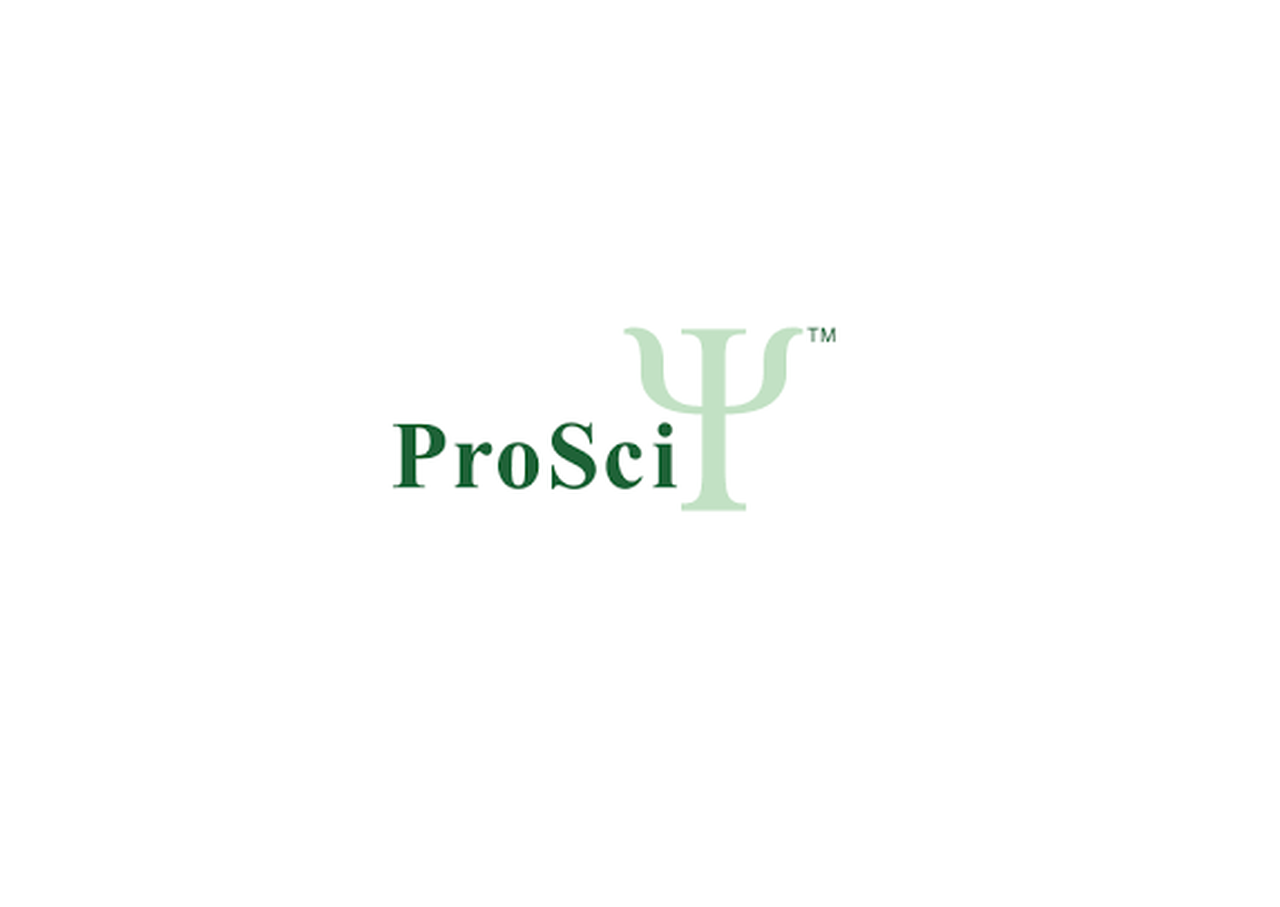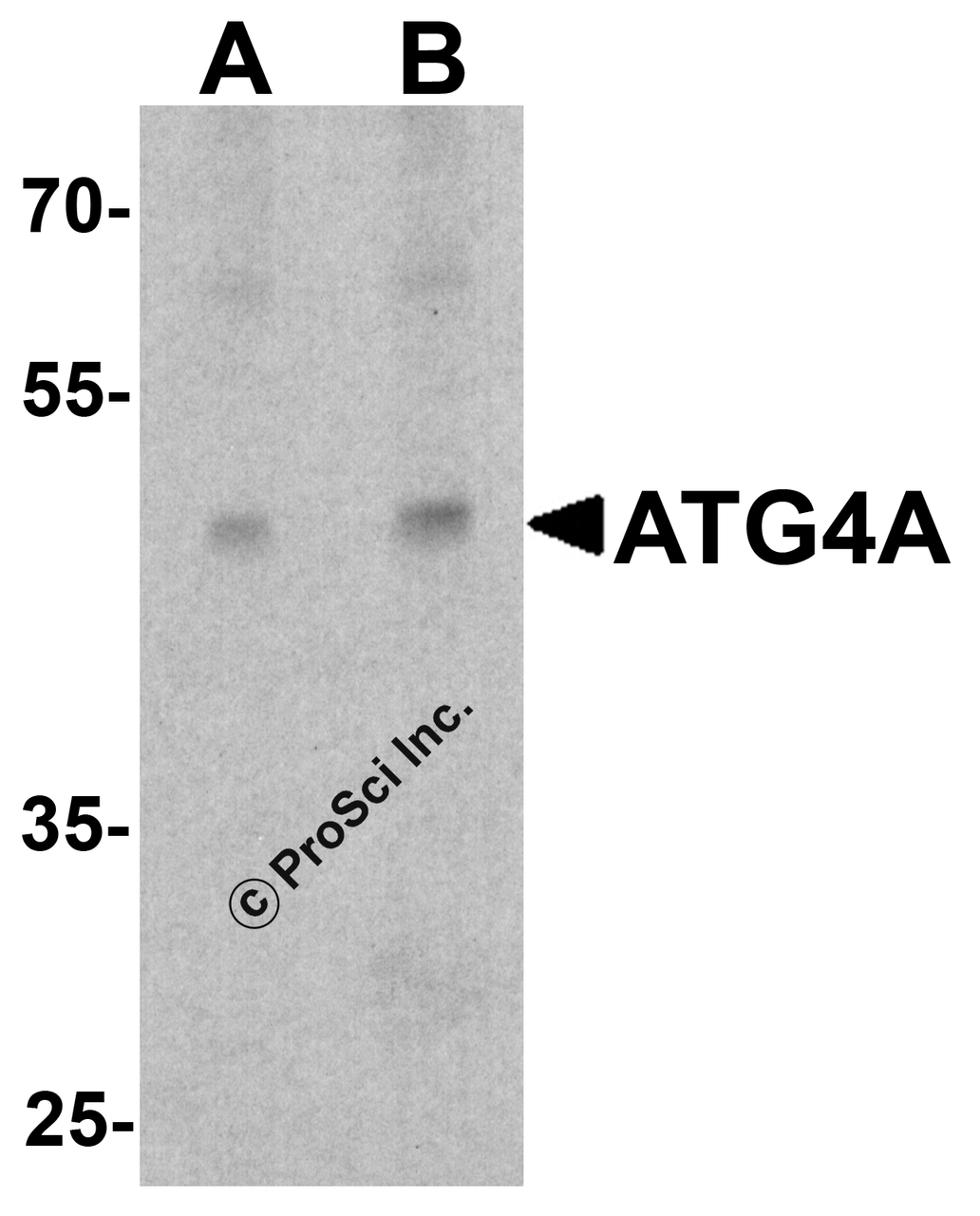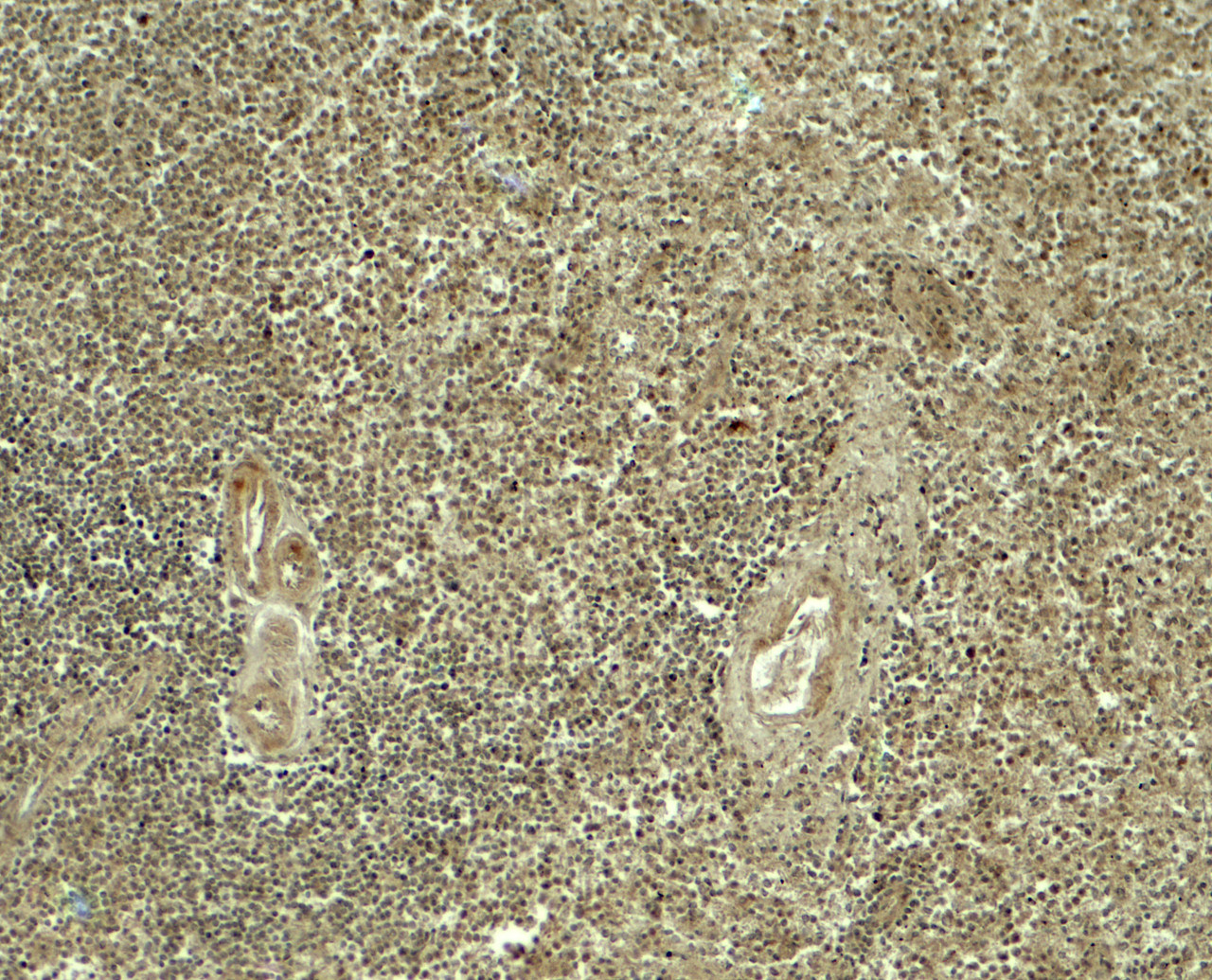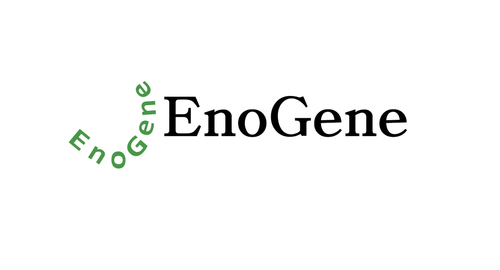Product Description
ATG4A Antibody | 8071 | ProSci
Host: Rabbit
Reactivity: Human, Mouse, Rat
Homology: Predicted species reactivity based on immunogen sequence: Bovine: (100%)
Immunogen: ATG4A antibody was raised against an 18 amino acid peptide near the carboxy terminus of human ATG4A.
The immunogen is located within the last 50 amino acids of ATG4A.
Research Area: Autophagy
Tested Application: E, WB, IHC-P
Application: ATG4A antibody can be used for detection of ATG4A by Western blot at 1 - 2 μg/ml. Antibody can also be used for immunohistochemistry starting at 5 μg/mL.
Antibody validated: Western Blot in mouse samples and Immunohistochemistry in human samples. All other applications and species not yet tested.
Specificiy: ATG4A antibody is human, mouse and rat reactive. At least two isoforms of ATG4A are known to exist; this antibody will detect both isoforms. ATG4A is predicted to not cross-react with other ATG4 proteins.
Positive Control 1: Cat. No. 1287 - EL4 Cell Lysate
Positive Control 2: Cat. No. 10-901 - Human Spleen Tissue Slide
Positive Control 3: N/A
Positive Control 4: N/A
Positive Control 5: N/A
Positive Control 6: N/A
Molecular Weight: Predicted: 48 kDa
Observed: 44 kDa
Validation: N/A
Isoform: N/A
Purification: ATG4A antibody is affinity chromatography purified via peptide column.
Clonality: Polyclonal
Clone: N/A
Isotype: IgG
Conjugate: Unconjugated
Physical State: Liquid
Buffer: ATG4A antibody is supplied in PBS containing 0.02% sodium azide.
Concentration: 1 mg/mL
Storage Condition: ATG4A antibody can be stored at 4˚C for three months and -20˚C, stable for up to one year.
Alternate Name: Autophagy related 4A cysteine peptidase, APG4-A, APG4-A, AUTL2
User Note: Optimal dilutions for each application to be determined by the researcher.
BACKGROUND: Autophagy, the process of bulk degradation of cellular proteins through an autophagosomic-lysosomal pathway is important for normal growth control and may be defective in tumor cells. It is involved in the preservation of cellular nutrients under starvation conditions as well as the normal turnover of cytosolic components (1, 2) . ATG4A, also known as AUTL2, is one of four mammalian orthologs of the yeast ATG4 protein; all four are cysteine proteases (3) . ATG4 is required for ATG8 conjugation to phosphatidylethanolamine on autophagosomal membranes. In mammals, each ATG4 homolog shows a selective preference for the ATG8 homologs (4) .
 Euro
Euro
 USD
USD
 British Pound
British Pound
 NULL
NULL









![ATG4A Antibody [APG02043G] ATG4A Antibody [APG02043G]](https://cdn11.bigcommerce.com/s-452hpg8iuh/images/stencil/500x659/products/865906/1157973/logo__92149.1659788186__00463.1659862871.png?c=2)






![ATG4A Antibody [APG02040G] ATG4A Antibody [APG02040G]](https://cdn11.bigcommerce.com/s-452hpg8iuh/images/stencil/500x659/products/865904/1157971/logo__92149.1659788186__12264.1659862870.png?c=2)